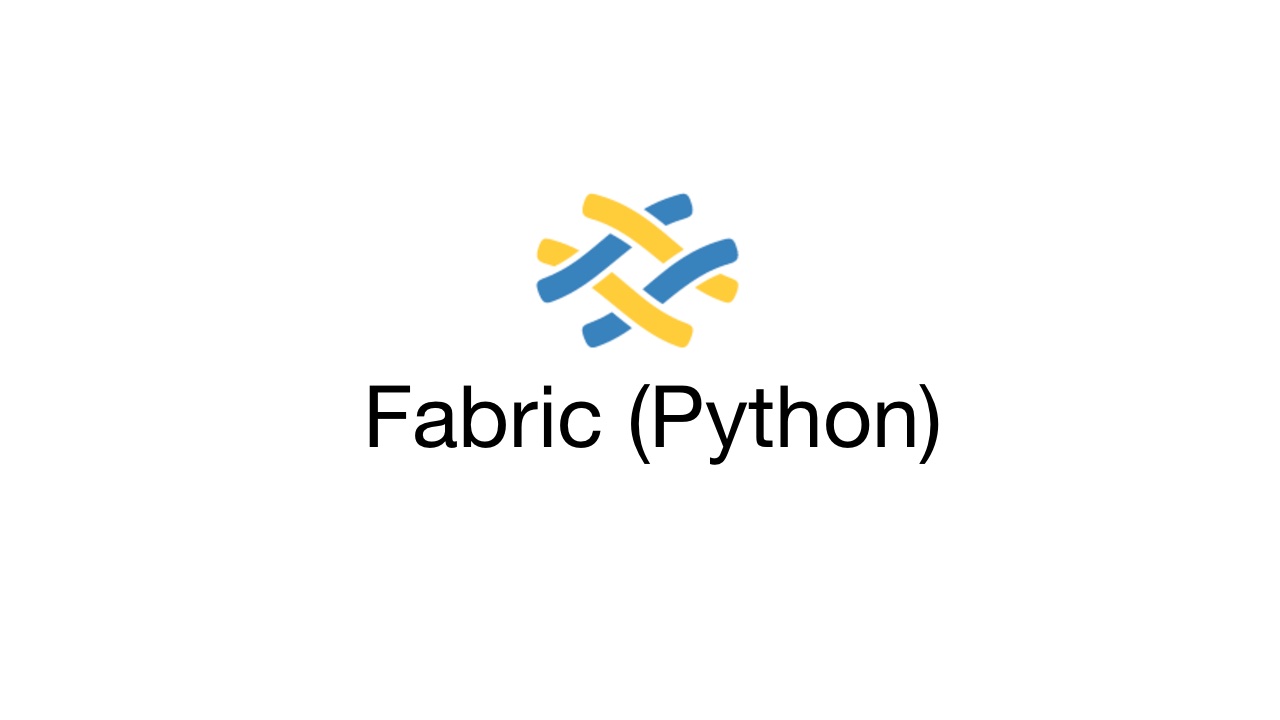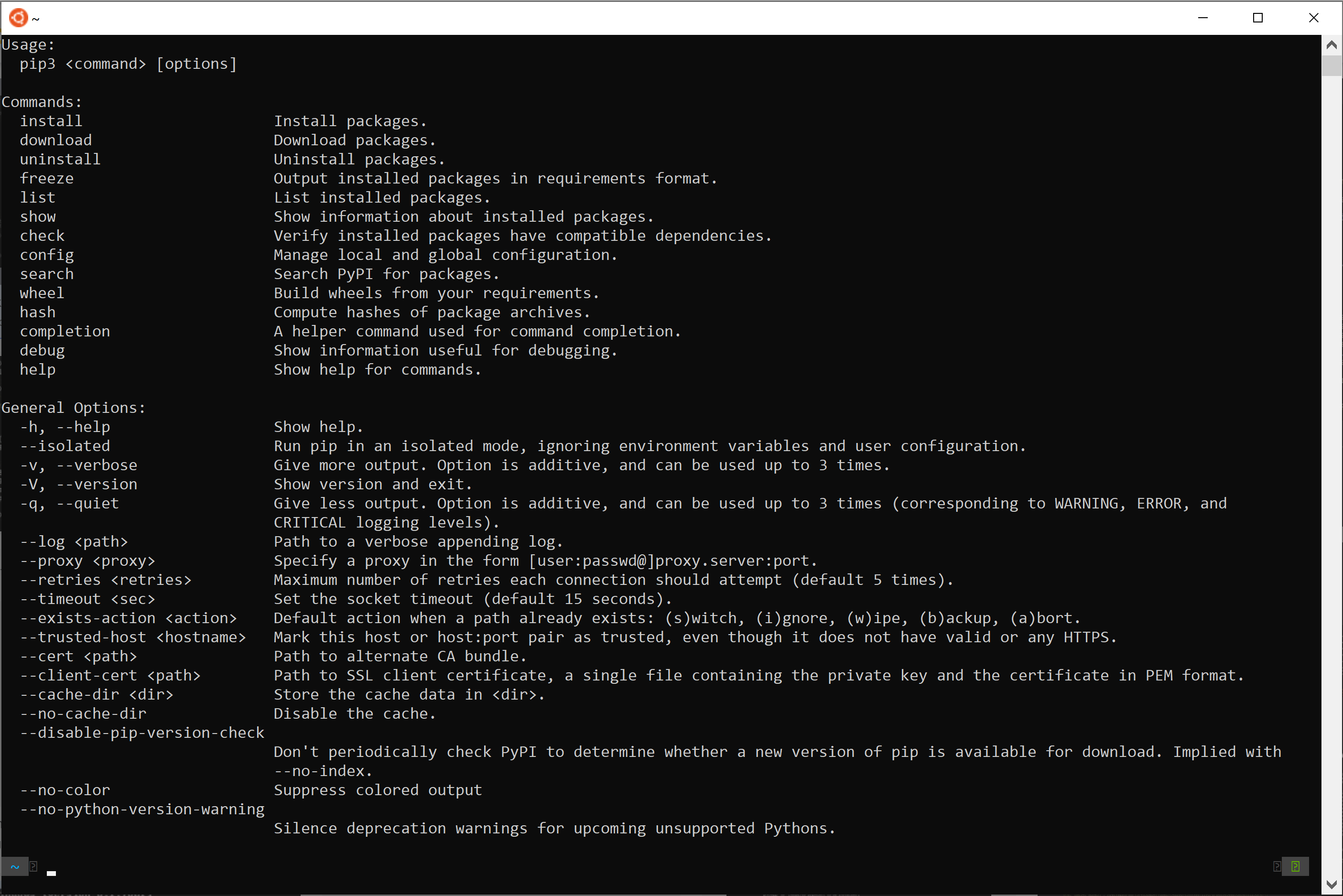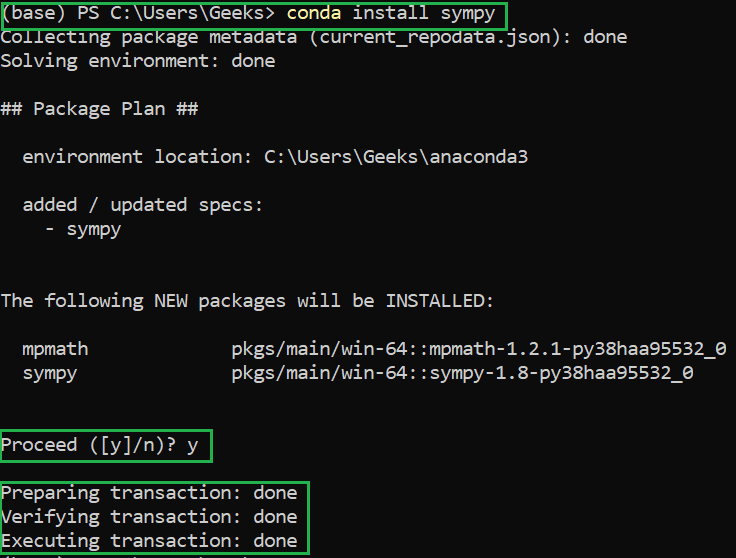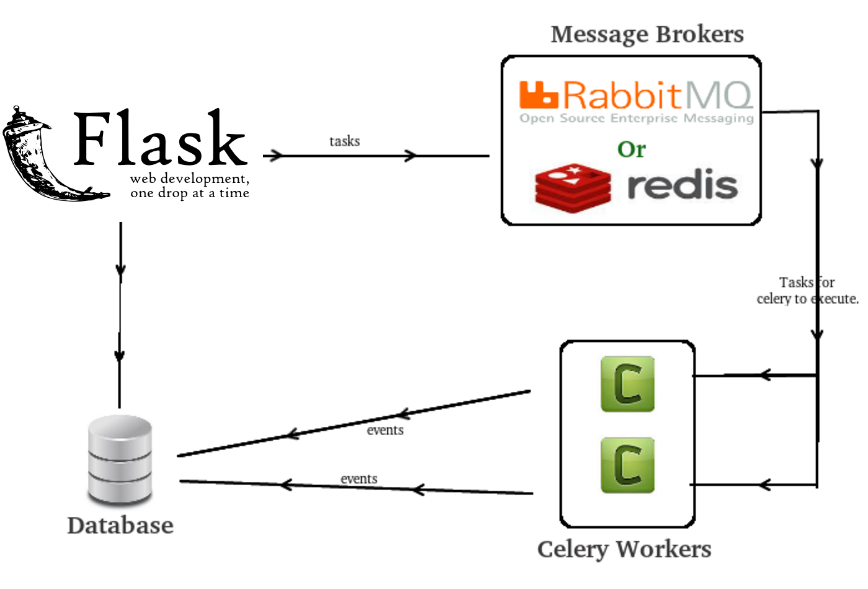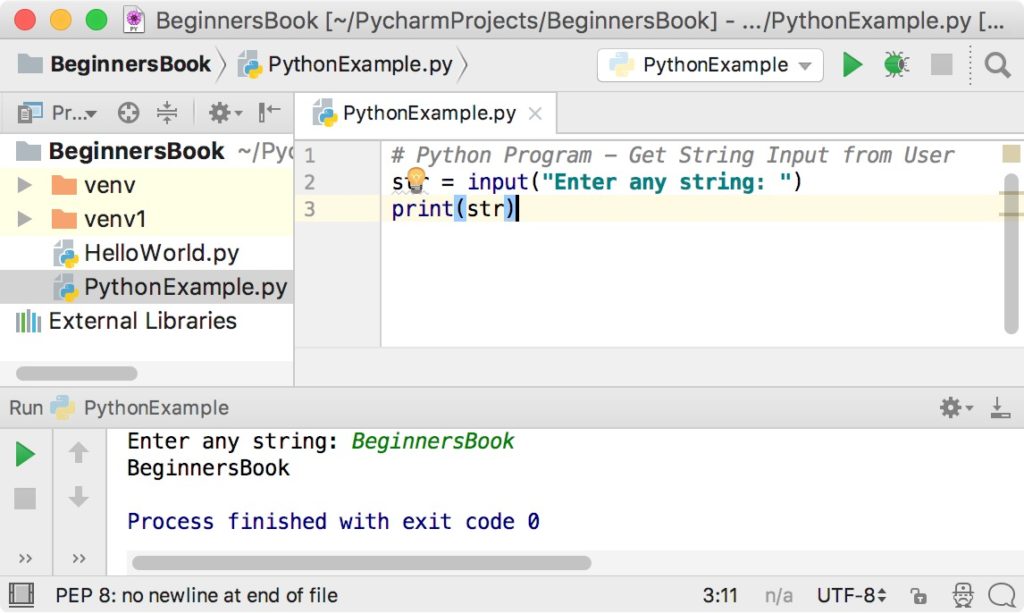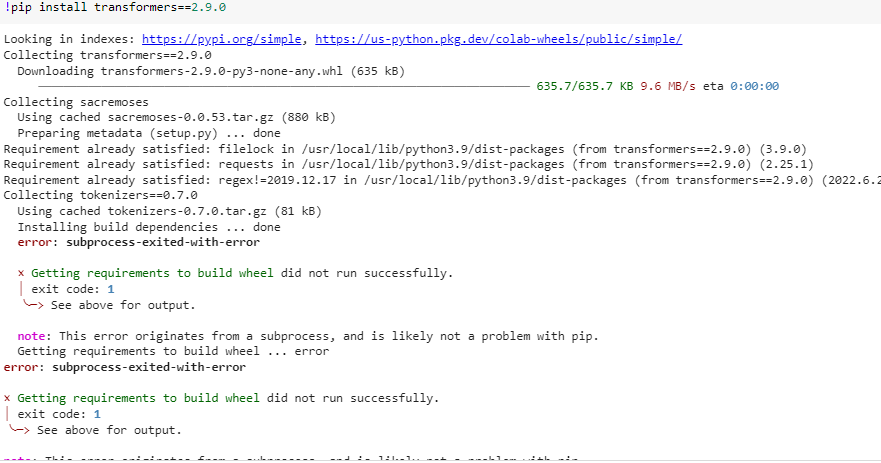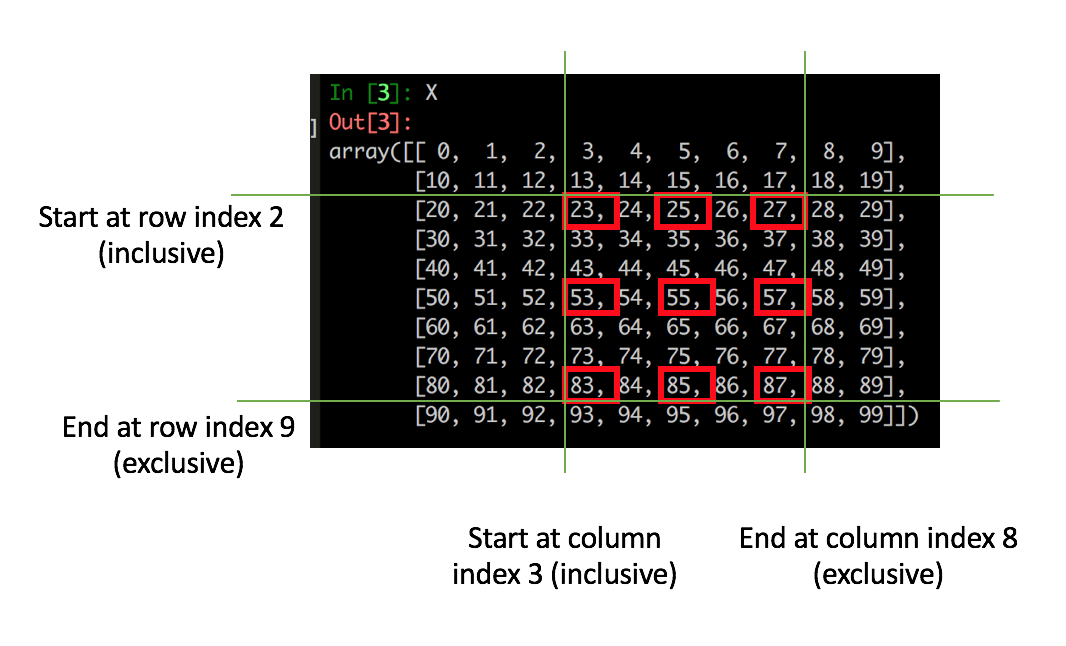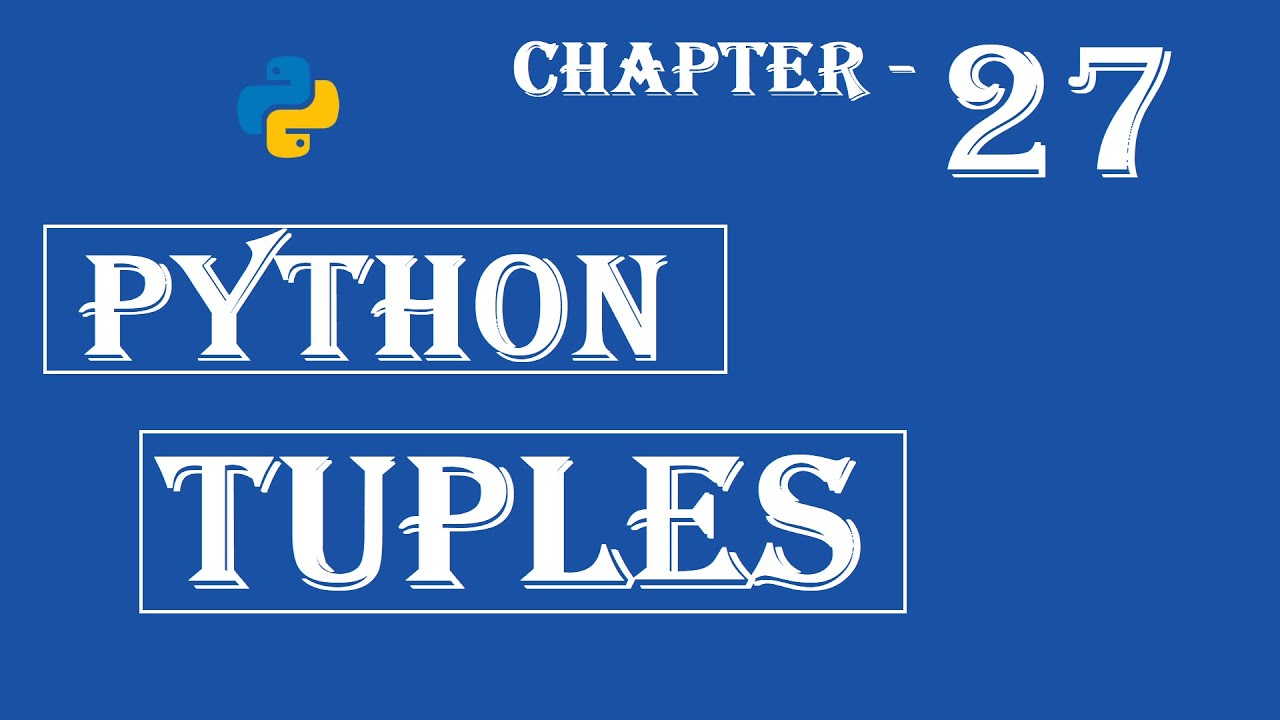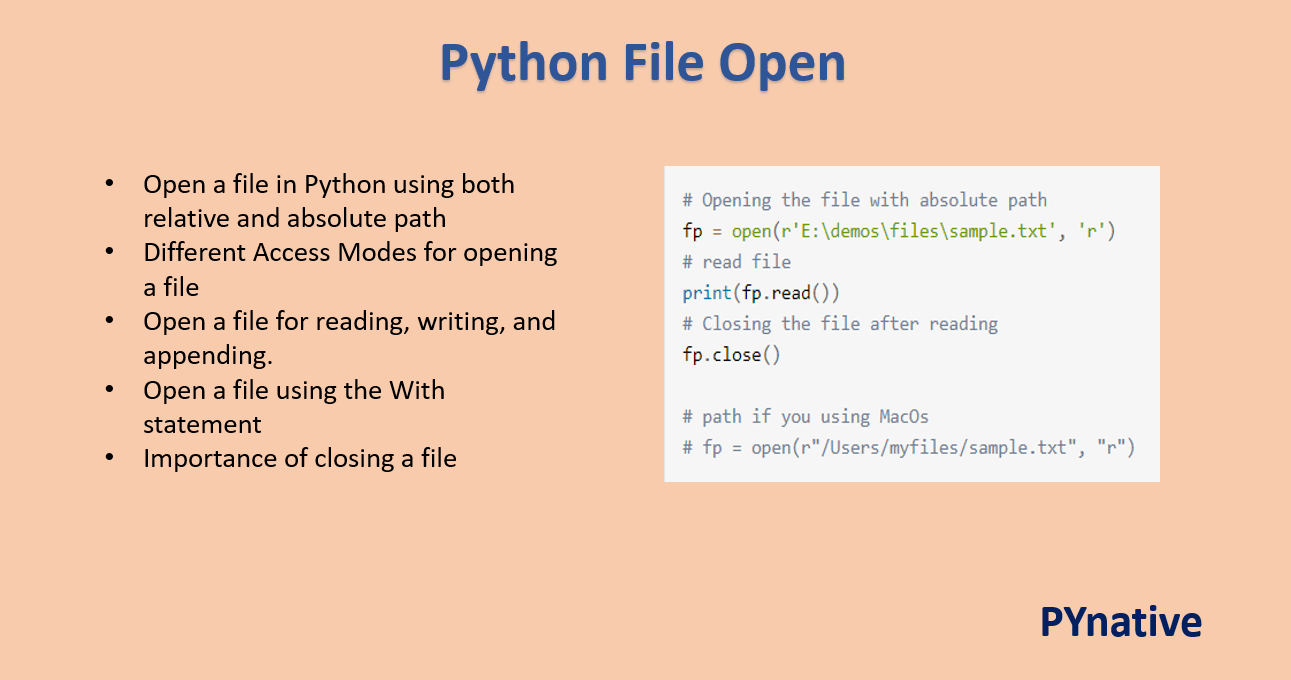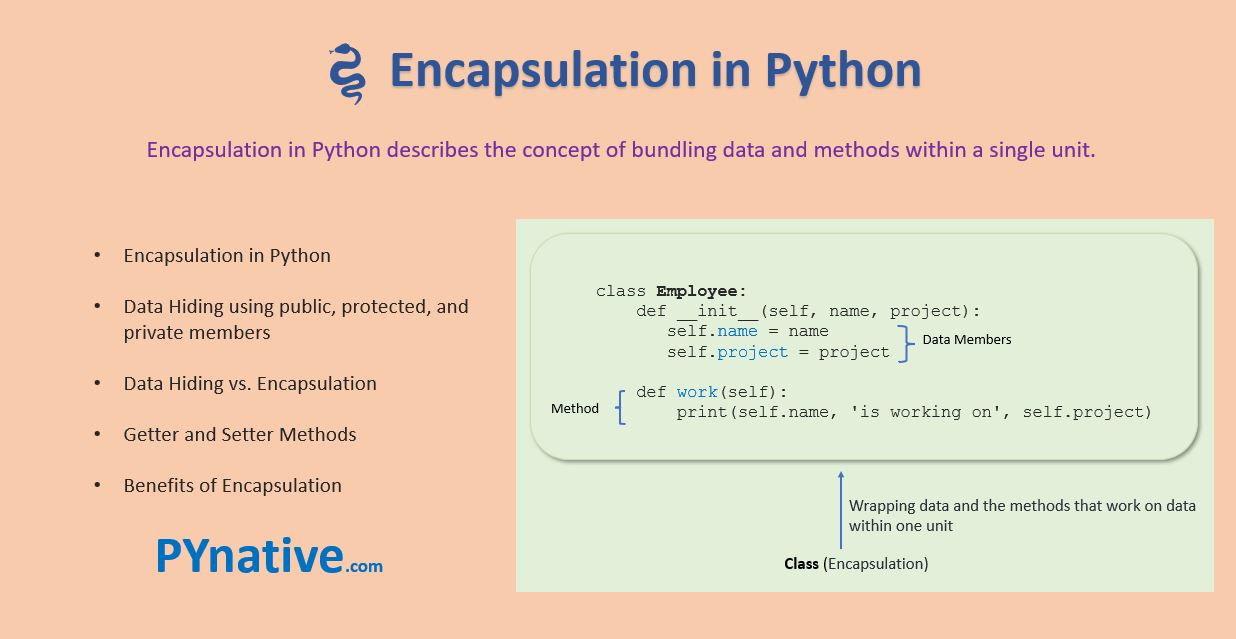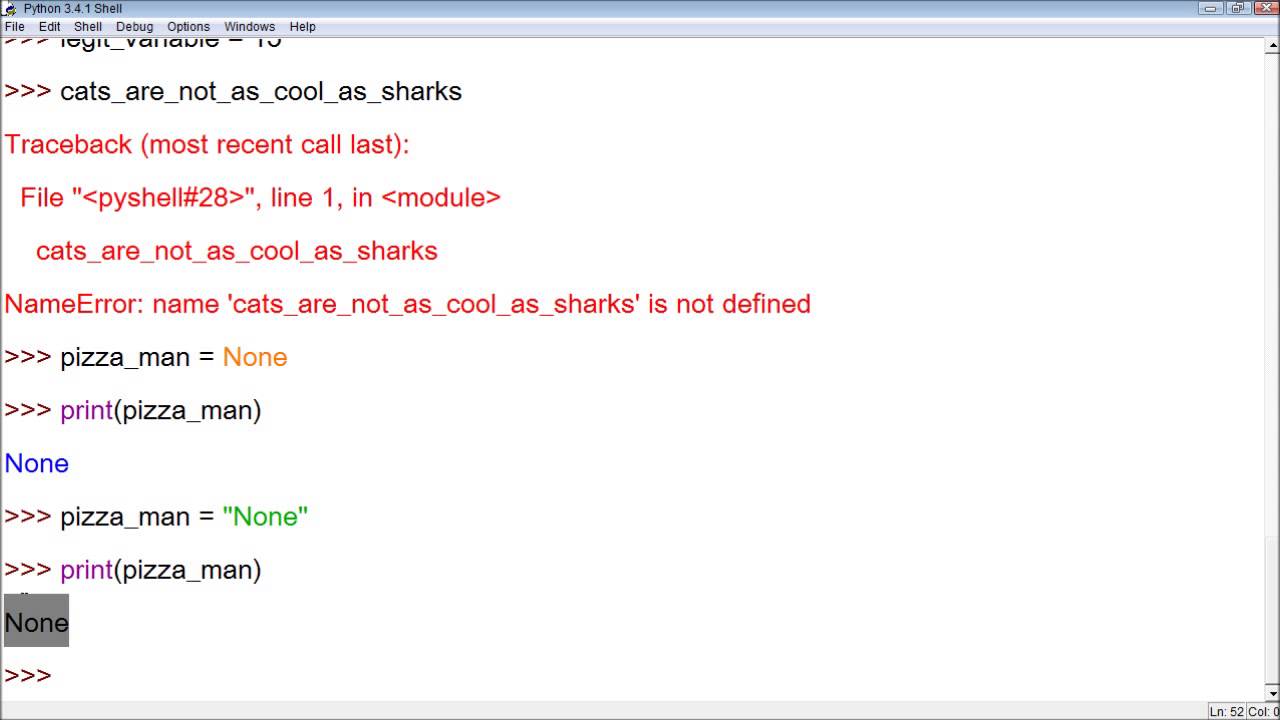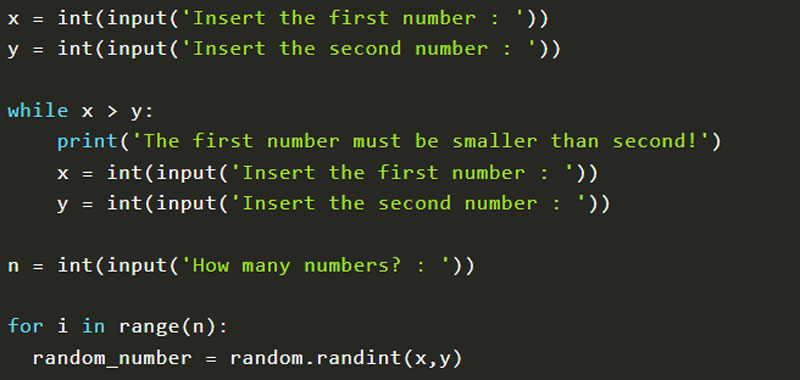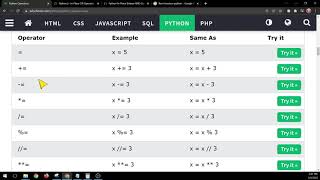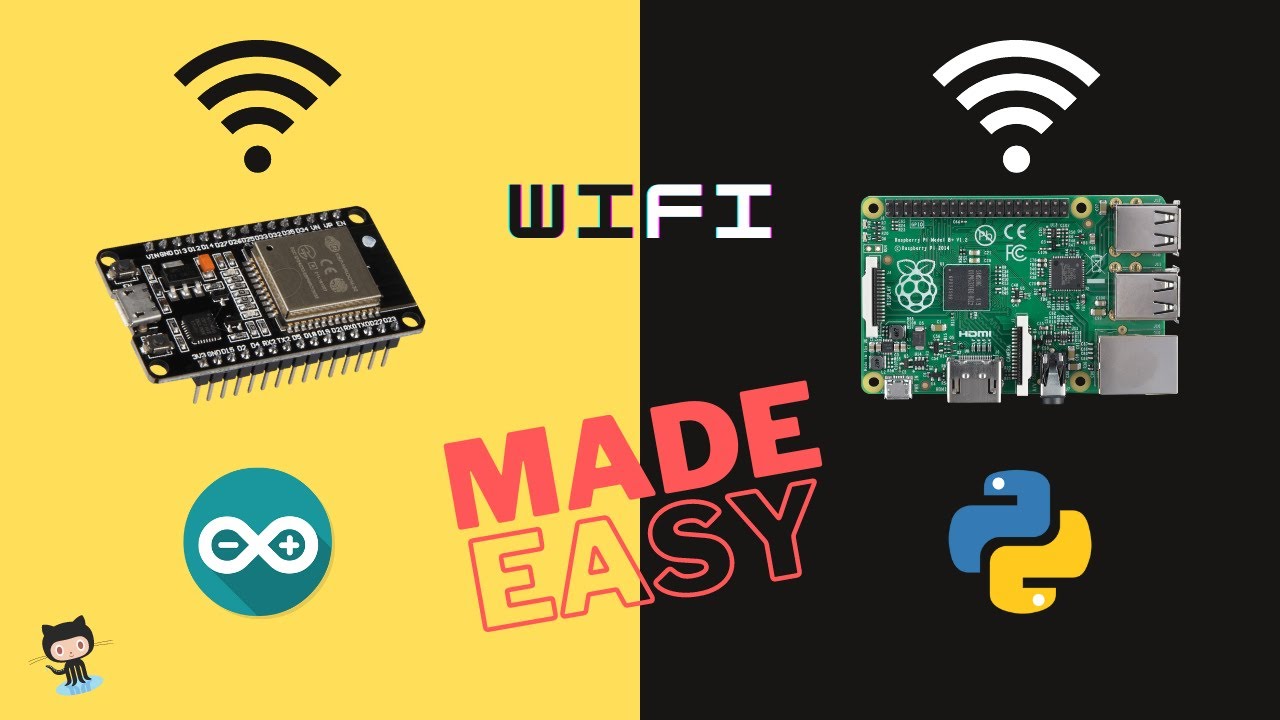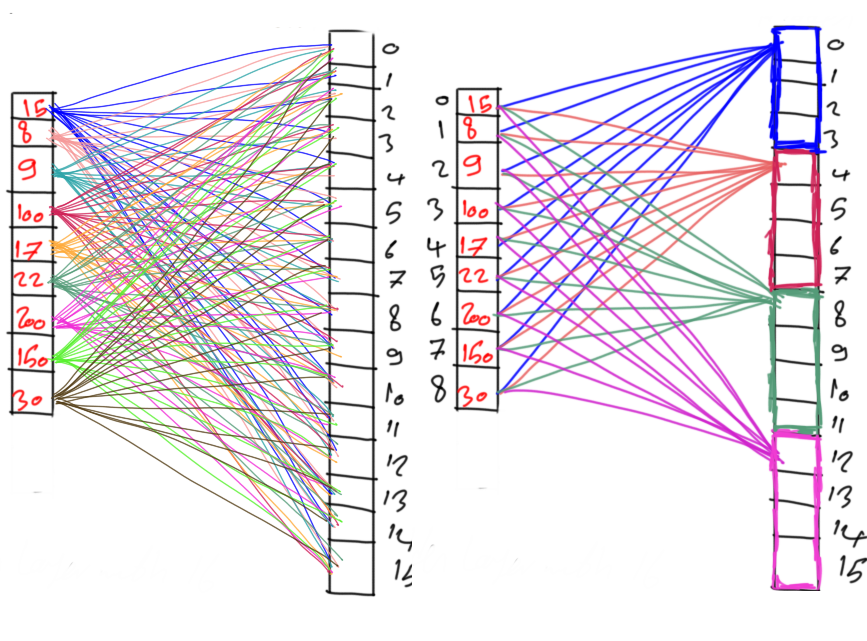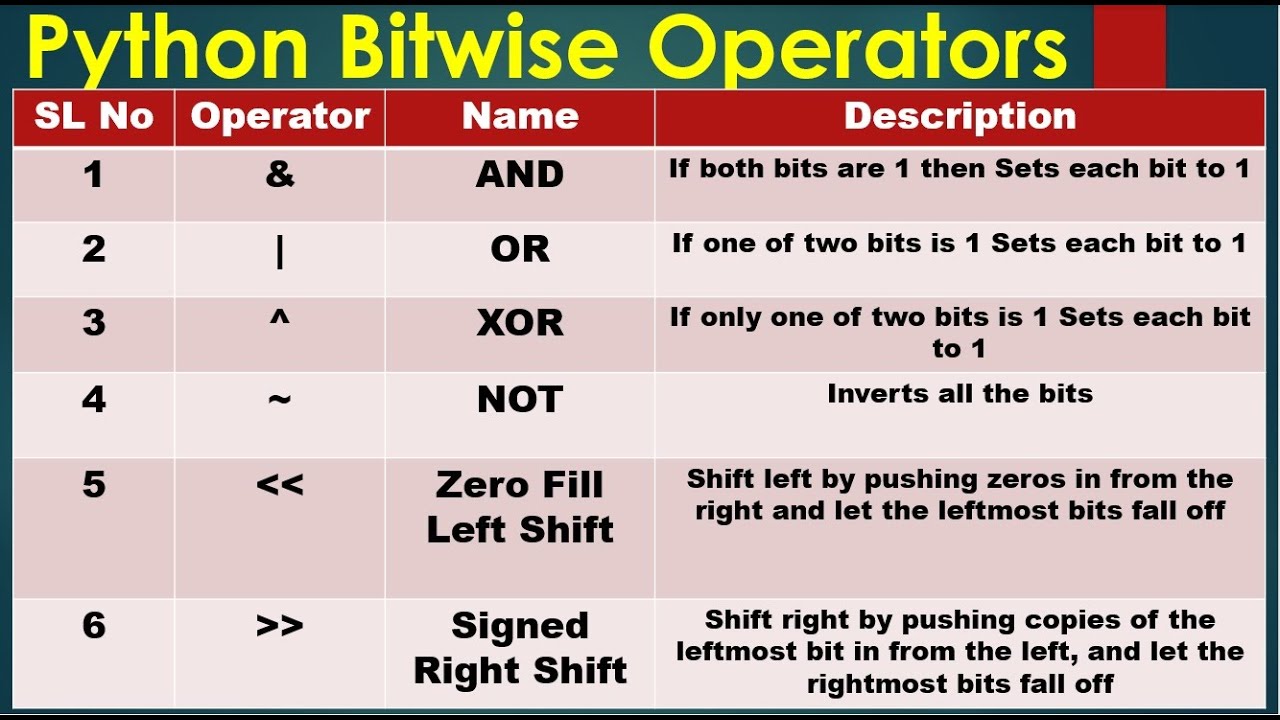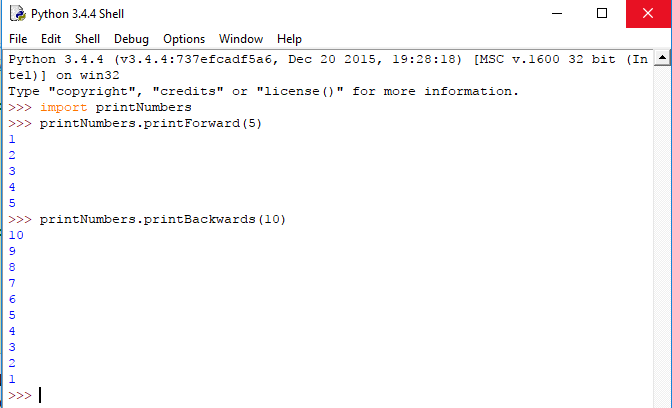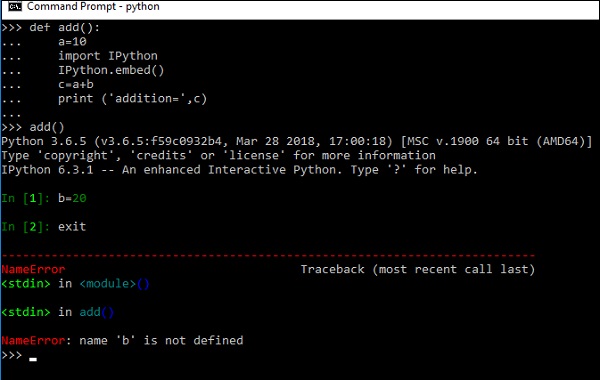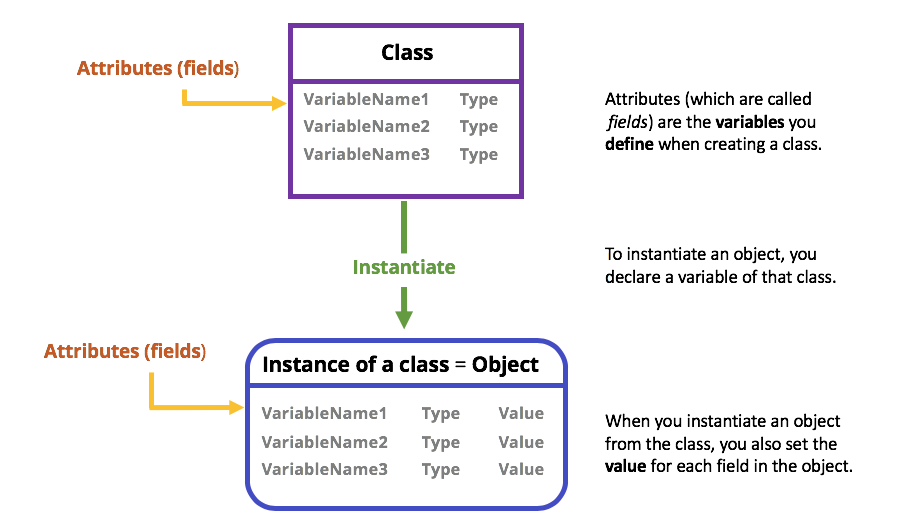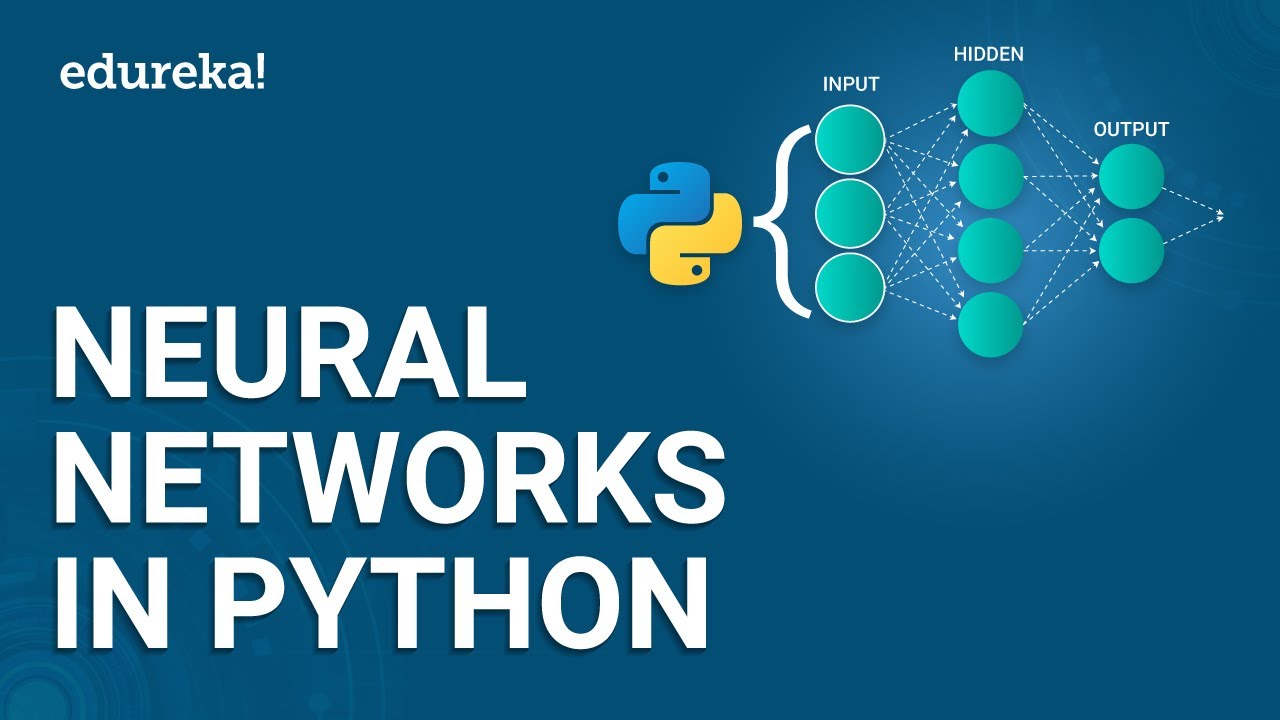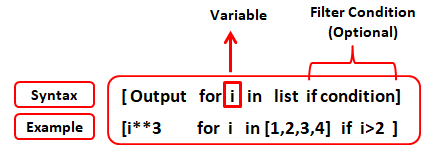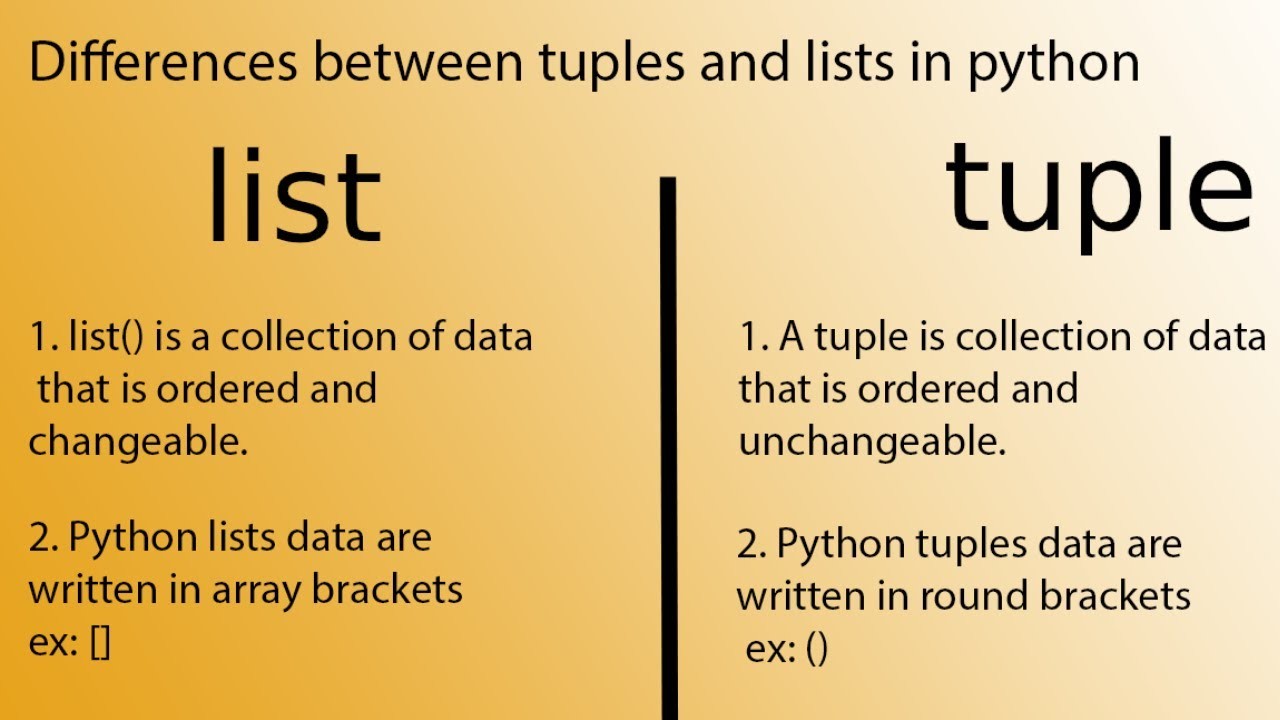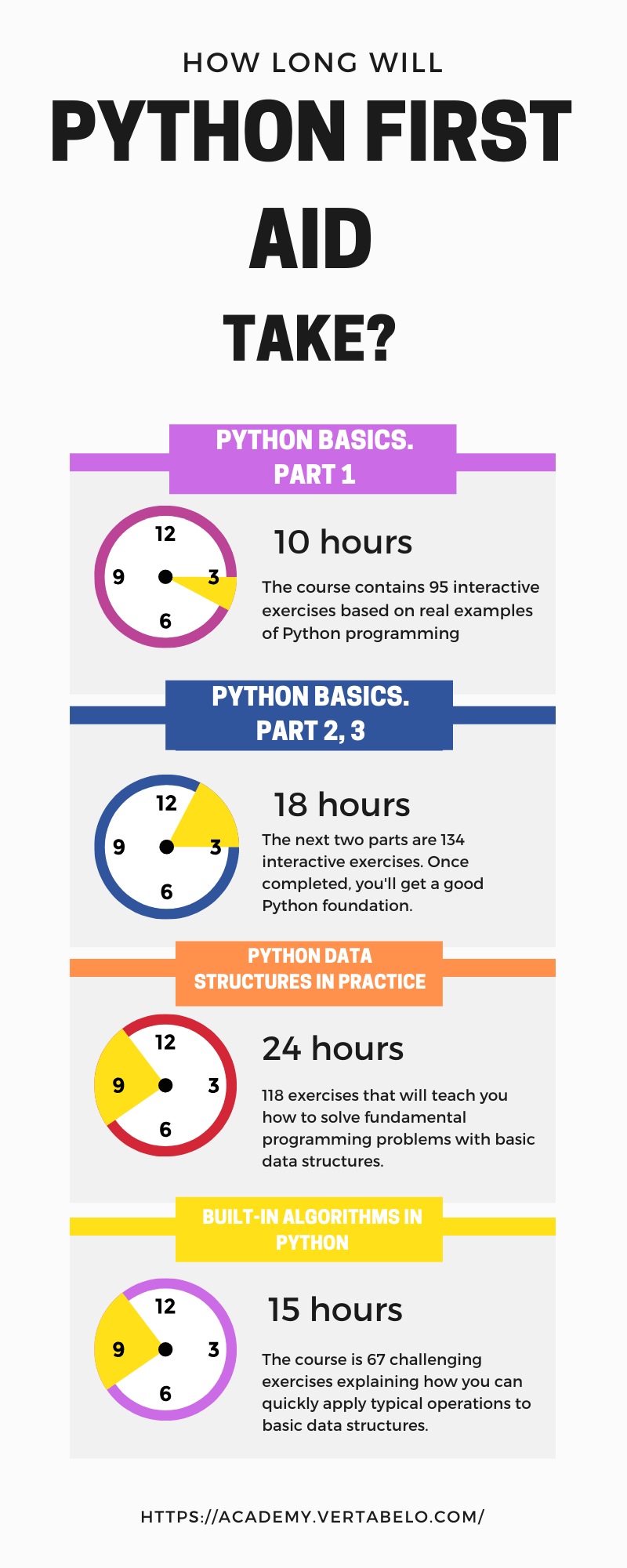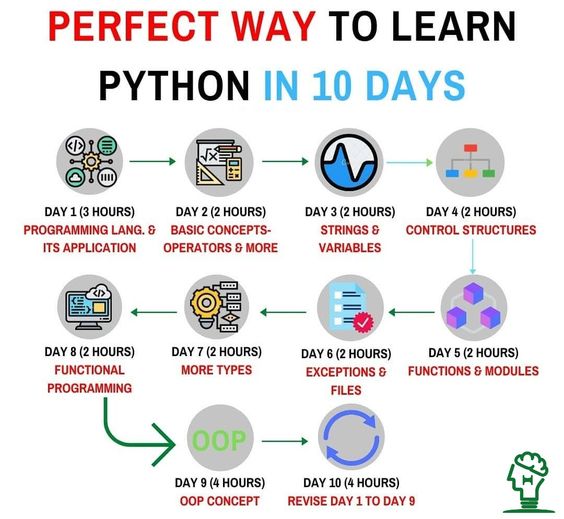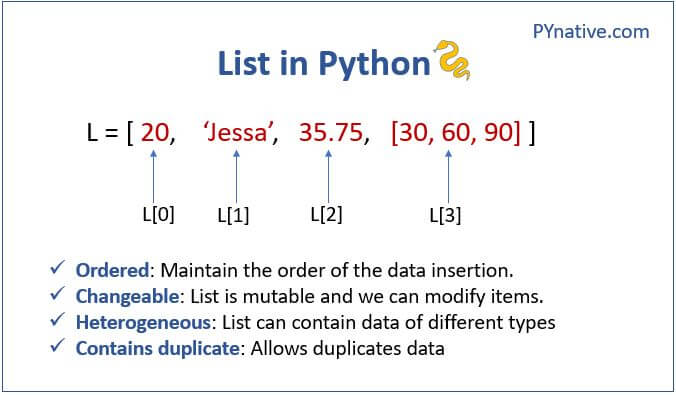Which is best Java or Python or C++?
Which is best Java or Python or C++?

The age-old debate!
Choosing the "best" programming language depends on various factors such as your goals, personal preferences, and the type of project you're working on. Let's dive into a brief comparison of Java, Python, and C++:
Java
Pros:
Platform independence: Java code can run on any platform that has a JVM (Java Virtual Machine) installed. Robust security features: Java has built-in support for secure coding practices, making it suitable for developing large-scale applications. Extensive libraries and frameworks: Java has a vast ecosystem of libraries and frameworks, including Spring, Hibernate, and Eclipse.Cons:
Verbose syntax: Java requires more lines of code to achieve the same result as Python or C++, which can lead to increased development time. Not ideal for scripting: Java is not designed for rapid prototyping or scripting due to its complex architecture and slower execution speed.Python
Pros:
Easy to learn: Python has a simple syntax, making it an excellent choice for beginners. Fast development cycles: Python's nature makes it perfect for rapid prototyping, proof-of-concepts, and quick iterations. Extensive libraries: Python has a vast array of libraries for tasks like data analysis (NumPy, Pandas), machine learning (scikit-learn), and more.Cons:
Not as scalable: Python's performance can be affected by its Global Interpreter Lock (GIL), making it less suitable for high-performance applications. Less secure: Python's dynamic nature and lack of static type checking make it more prone to errors and vulnerabilities.C++
Pros:
High performance: C++ is a compiled language, which means it can execute code faster than interpreted languages like Java or Python. Low-level control: C++ provides direct access to hardware resources, making it ideal for developing operating systems, games, or other high-performance applications. Native integration: C++ can be used to create native applications on various platforms.Cons:
Steeper learning curve: C++ requires a solid understanding of computer science concepts and memory management, which can be daunting for beginners. Error-prone: C++'s lack of runtime checks and manual memory management increase the risk of errors and bugs.In conclusion, each language has its strengths and weaknesses. Here's when you might choose one over the others:
Java: When developing large-scale applications with robust security features, platform independence is crucial, or if you need a solid foundation for Android app development. Python: For rapid prototyping, data analysis, machine learning, or web development where ease of use and fast iteration are key. C++: For high-performance applications like game development, operating systems, or native application creation.Ultimately, the choice between Java, Python, or C++ depends on your goals, skills, and project requirements. Don't worry; you can always learn and adapt to another language if needed!
Is Python better than C++?
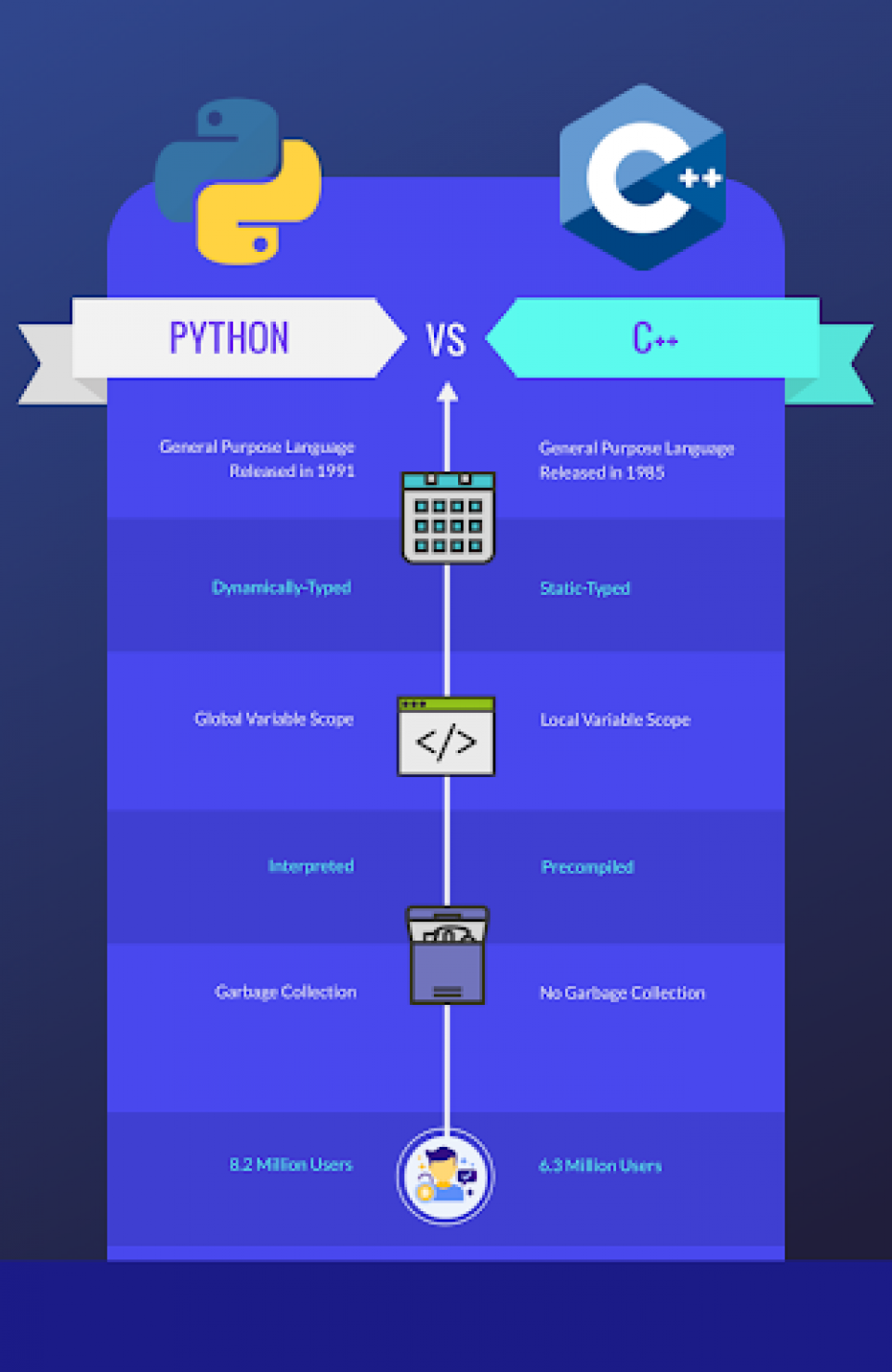
I'll respond in English as requested.
The debate between Python and C++ is a longstanding one, with each side having its strengths and weaknesses. Both languages have their own niches where they excel, but which one is "better" ultimately depends on the context and the user's goals.
Python is often praised for its simplicity, ease of use, and readability. It has a relatively small set of syntax rules, making it an excellent language for beginners or those who want to quickly prototype an idea without getting bogged down in details. Python's popularity also stems from its versatility; it can be used for web development, scientific computing, data analysis, artificial intelligence, and even game development.
One significant advantage of Python is its high-level abstractions, which allow developers to focus on the logic of their code rather than low-level memory management or syntax nitpicks. This means that Pythonistas can quickly build functional prototypes without worrying about performance issues. Additionally, Python's extensive libraries and frameworks (e.g., NumPy, pandas, scikit-learn) make it an attractive choice for tasks like data manipulation, visualization, and machine learning.
On the other hand, C++ is often considered a more powerful and performant language due to its low-level memory control and direct access to hardware resources. This makes it particularly well-suited for systems programming, game development (especially games with high-performance requirements), and applications that demand extreme efficiency.
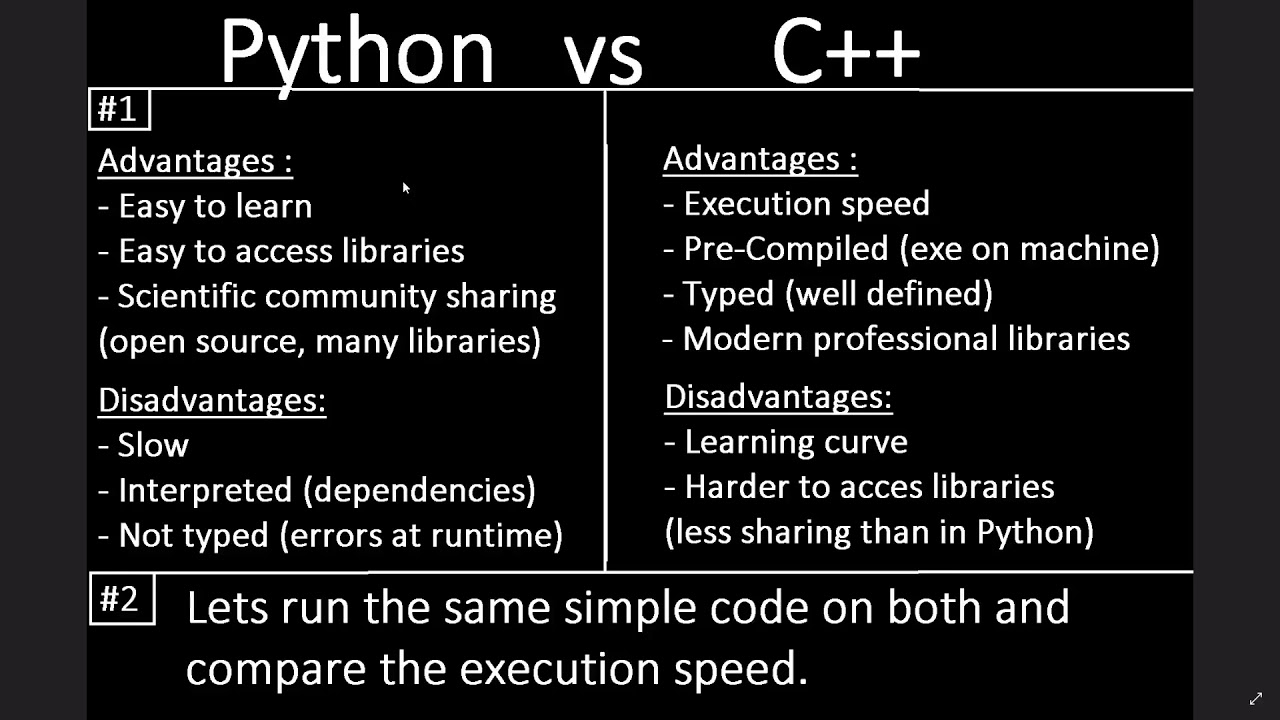
C++'s ability to work closely with the underlying machine architecture means developers can optimize their code for specific use cases or take advantage of new hardware features. Its flexibility also allows for fine-grained control over memory management, which is essential in certain contexts like embedded systems programming or high-performance computing.
In conclusion, while Python excels at ease-of-use and versatility, C++ shines due to its performance-oriented design and direct access to hardware resources. Ultimately, the choice between Python and C++ depends on the specific goals and requirements of your project:
If you need a language for rapid prototyping, data analysis, or web development, Python might be an excellent choice. For applications demanding extreme efficiency, systems programming, or high-performance computing, C++ could be a better fit.Keep in mind that these are general guidelines, and the best language ultimately depends on your specific needs.
